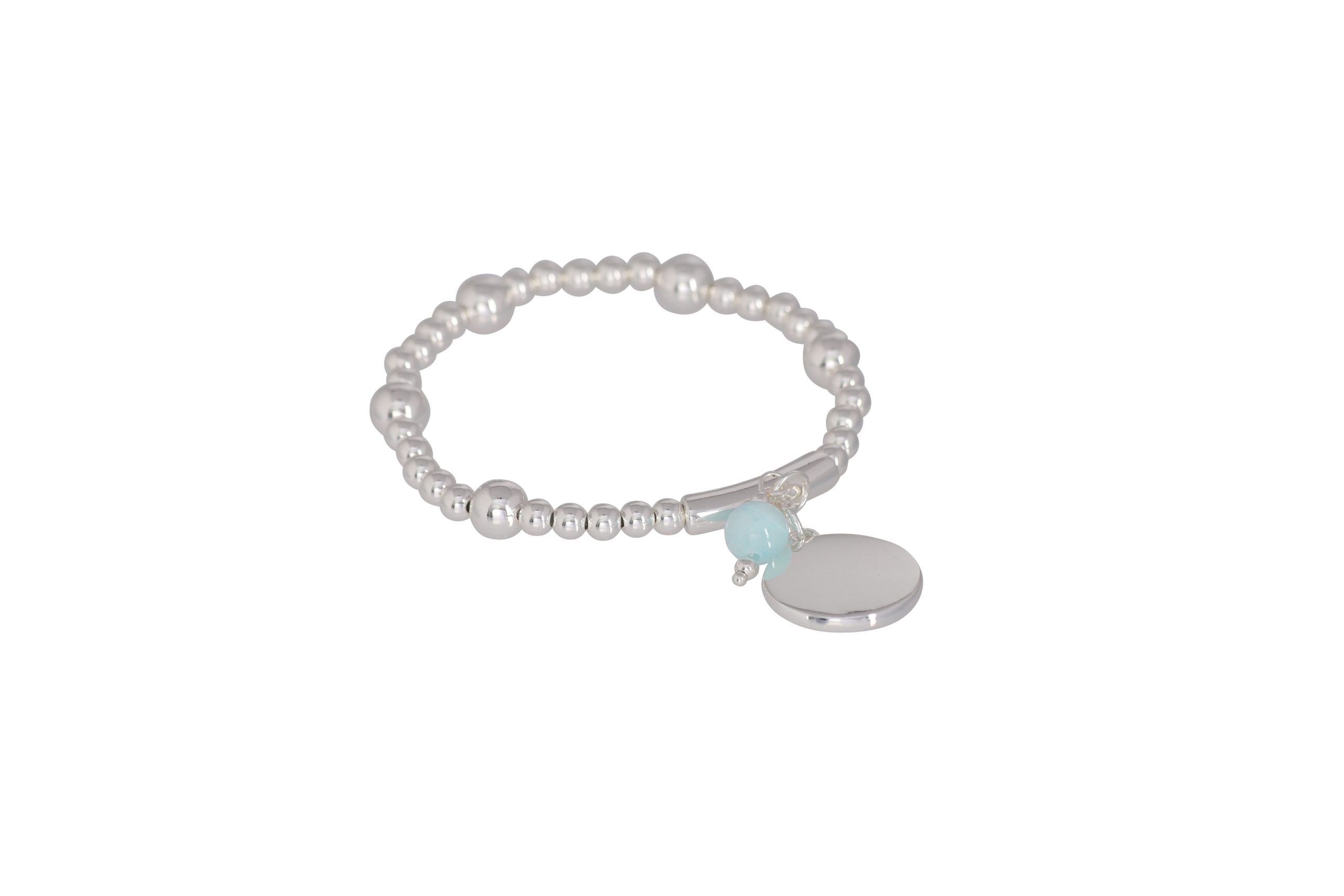Betty White lived to be 99 years old, and was just 17 days away from turning 100 before she passed away on New Year’s Eve 2021. Of course, she died at an old age, but her longevity made people like me believe she’d live forever and ever. She was witty, funny, and full of charm no matter what age she was. Her sense of humour was like nothing I’d ever seen or heard before.
I first saw a glimpse of the legendary TV actress when I first watched ‘The Proposal’, which starred Sandra Bullock and Ryan Reynolds, in 2009.When I was going through a deep depression, which started before everyone started talking about it once the pandemic hit, ‘The Golden Girls’ and ‘Hot in Cleveland’ were two shows that literally saved my life. Betty White starred in both shows. Both shows have the same premises – three women in their 50’s living together along with an older woman to guide them as a mother figure and mentor.
‘The Golden Girls’ was a show that was really ahead of its time. It covered topics that no one dared to cover at the time, such as homosexuality, AIDS and HIV, older women in the workplace, and even homelessness. The show was set in the 80’s and 90’s and starred White as Rose Nylund, Bea Arthur as Dorothy Zbornak, Rue McClanahan as Blanche Devereaux, and Estelle Getty as Sophia Petrillo. There were also some amazing recurring actors and guest stars featured in the show.
Each of the four main characters has her own unique personality, perks, and life circumstances. There was one storyline in the show that truly caught my eye, and it didn’t involve Betty White’s character, Rose Nylund, as the main protagonist. Instead, the storyline involved Bea Arthur’s character, Dorothy Zbornak. In the two part episode, Dorothy is starting to feel sick. She feels exhausted at all times, and her condition worsens over time to the point that it takes over her daily life. She knows it isn’t normal for her to feel this way, nor can she continue living this way if she wants to live a normal life.
Dorothy goes from one doctor to the next, but they all tell her the same exact thing – that she’s just experiencing a little stress. She is so determined to get answers that she travels from Miami to New York to see a doctor. But that doctor just tells her to get a manicure, get a haircut, get her nails done, and do any other things that women do to pamper themselves and make them look good. It isn’t until Dorothy sees her friend who is a doctor that she gets the answers that she, along with her mother, Sophia, longed for. Dorothy is officially diagnosed with an illness called chronic fatigue – something that was fairly new and unknown in the 80’s. When the doctor tells her her new diagnosis, she is relieved to know that she isn’t crazy; that she wasn’t imagining things. ‘If you say something’s wrong, then something’s wrong,’ her friend told her.
After that particular two-part episode, we never hear or see anything related to Dorothy’s health struggles, but as viewers of the show, we assume that she keeps her health under control by taking care of herself and putting her wellbeing first. Living with a chronic illness, no matter what that illness might be is an ongoing battle. It is possible to live a normal life while living with it, but with hard work and determination of course. The two parter episodes was written by ‘The Golden Girls’ series creator and producer, Susan Harris, who suffered from a chronic illness herself.

As someone who’s battling a chronic illness myself, it was so refreshing to see that storyline play out on TV. The show first aired 40 years ago, and yet it’s still so relatable. It’s refreshing, and yet pathetic all at the same time. Just like chronic fatigue, epilepsy is a chronic illness as well. Unlike chronic fatigue, epilepsy is easy to diagnose. An individual is diagnosed with epilepsy after having two seizures in their lifetime. The way Dorothy was treated by doctors was just straight to the point. It mirrored exactly what I went through throughout both my epilepsy journey, as well as my PCOS journey. It’s just sad that now, almost years later, nothing has changed in the medical system.
When I was first diagnosed with epilepsy, I was, of course, referred to a neurologist. You’d think that he’d want your best interest at hear, but that was further from being true. Instead, all he cared about was money. Each time I saw him, my conditioned worsened. He prescribed me different medication each time I saw him, and if it was the same medication, it was at a higher dosage. Over a few years, my condition worsened to the point that I was having 50 seizures a day every day. I felt absolutely helpless, so I stopped taking my medication. I actually felt better without them than I did with them. When I attempted to tell my neurologist how I felt, he simply brushed off what I said, laughed, and said it was no big deal. It wasn’t until I got proper testing overseas that I got the answers that I needed to what the right treatment would be to help me be the better version of me.
It was the same exact thing when I attempted to get answers when I started getting symptoms of PCOS (Polycystic ovary syndrome) when I was 15 years old. The most obvious symptom I had was severe hair loss. I tried numerous hair treatments that ever existed, and none of them helped. I saw different doctors and specialists for years on end, but each of them gave me the same answer – stress. They all told me I should be doing a lot more stress management, and with that, they told all different ways women do it, because I’m a woman of course. They told me I should do more mediation, exercise, go to the spa, get out of the house and make myself look good while doing so, and so on and so forth. It wasn’t until I started my fertility treatments that I was officially diagnosed with PCOS.
There are so many stories out there posted online how women felt there was something off, and when they went to see doctors for consultations, the women were told such things as they needed to do more stress management, they needed to lose weight, get a haircut, stop being depressed, or some other excuse when in reality, it turned out to be something much more serious, such as cancer or any other excuse It’s absolutely absurd that nothing has changed in those almost 40 years since ‘The Golden Girls’ first aired. Women are still being degraded and belittled by strong figured men strictly because of their gender. It seems that doctors, specifically male doctors, aren’t in the medical system because they care about the people in need. Instead, they care about the money and it’s all just a business to them.
We, as women, are strong creatures. In fact, our bodies are much stronger than men’s. When we say something’s wrong, then something’s wrong. We don’t just go to see a doctor because it’s a fun thing for us to do. We need to be listened to. We need care and attention. We need to be taken seriously. I’ll let Dorothy Zbornak tell you the rest:
Sign up to our newsletter if you want to see more content from The Graceful Boon! By signing up to our newsletter, you'll get an even more in-depth content from yours truly, Stacie Kiselman, who's our Graceful Boon, that you won't want to miss out on.

















